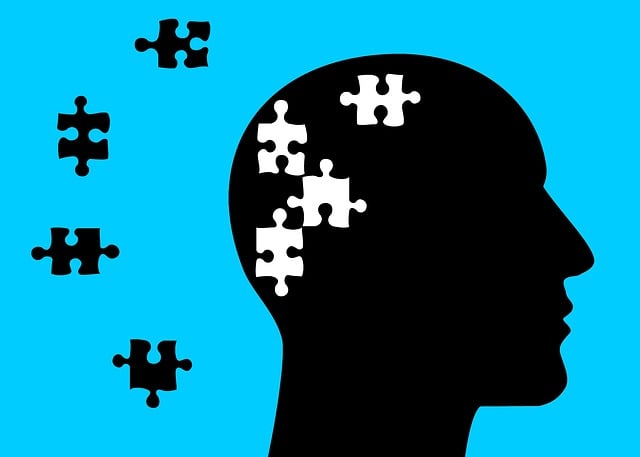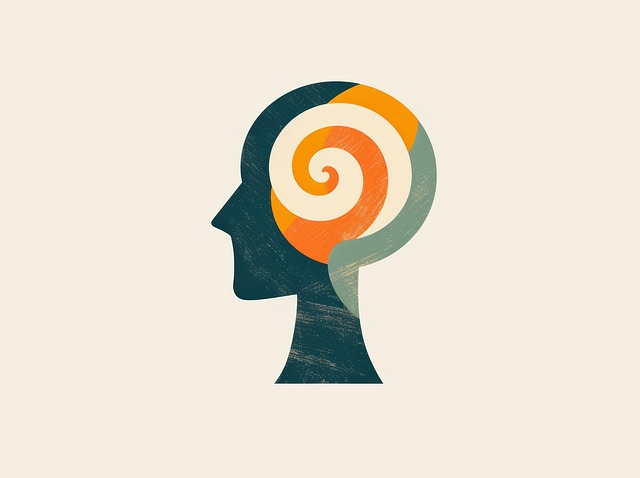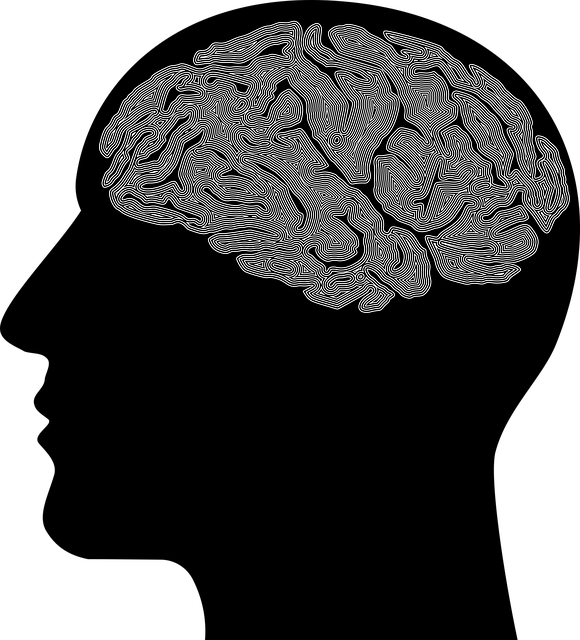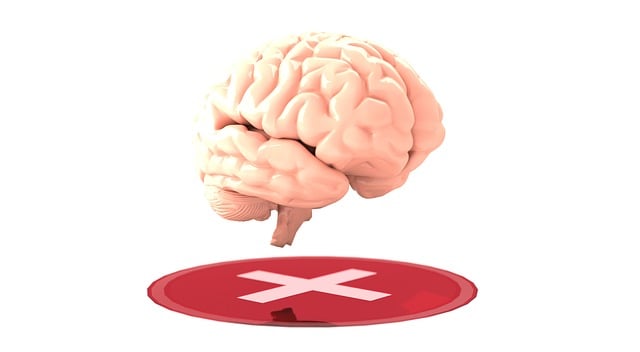Depression among elders and first responders is a growing concern requiring immediate attention due to isolation and trauma risks. Tailored therapy, including Cognitive-Behavioral Therapy (CBT), early intervention strategies, and open conversations about mental health are crucial. Strategies like community outreach programs with compassion cultivation practices, peer support groups, and online therapy platforms can mitigate risks and foster well-being through lifestyle interventions, balanced diets, physical activity, mindfulness, and consistent sleep. Digital resources further enhance accessibility to mental health support for these vulnerable populations.
Depression is a growing concern among elderly individuals and first responders, making prevention strategies vital. This article explores comprehensive approaches to combat this mental health crisis. We delve into recognizing depression in vulnerable populations, emphasizing the significance of early intervention. Therapy, particularly tailored for seniors, emerges as a powerful tool. Supportive networks are crucial for first responders, fostering open conversations about mental well-being. Additionally, lifestyle interventions and digital resources offer practical solutions, highlighting the integration of traditional care with modern coping strategies.
- Recognizing Depression in Elders and First Responders
- The Role of Therapy in Prevention: A Specialized Approach for Elderly Individuals
- Supportive Networks: Building a Safety Net for First Responder Mental Health
- Lifestyle Interventions: Diet, Exercise, and Sleep for Depression Management
- Digital Tools and Resources: Online Therapy and Coping Strategies
Recognizing Depression in Elders and First Responders

Depression among elders and first responders is a growing concern that requires immediate attention. Recognizing the signs of depression in this demographic is crucial, as they often present unique challenges. Elders and first responders may experience isolation due to age-related mobility issues or the demanding nature of their work, respectively. This sense of isolation can be a significant risk factor for mental health deterioration.
Therapy tailored to these groups considers cultural sensitivity in mental healthcare practice, which is essential given the diverse backgrounds of both elders and first responders. Incorporating self-care practices that promote mental wellness can also be life-changing. By implementing early intervention strategies and fostering open conversations about mental health, we can ensure that those at risk receive the support they need before depression takes hold.
The Role of Therapy in Prevention: A Specialized Approach for Elderly Individuals

Depression among elderly individuals is a growing concern, and specialized interventions are crucial for prevention. Therapy plays a pivotal role in equipping seniors with coping mechanisms and resilience against depressive episodes. Cognitive-behavioral therapy (CBT), for instance, has proven effective in teaching older adults to identify and change negative thought patterns, thereby reducing the risk of depression. This approach empowers them to manage stress, improve mood, and enhance overall well-being.
Targeting first responders and community members through tailored programs can significantly contribute to mental health prevention. The implementation of a Community Outreach Program focused on mental health education could raise awareness about depressive disorders, promote early intervention, and foster a supportive environment for the elderly. Compassion cultivation practices within these programs can enhance empathy and reduce social isolation, addressing common risk factors for depression in seniors.
Supportive Networks: Building a Safety Net for First Responder Mental Health

For first responders, like police officers, firefighters, and paramedics, the constant exposure to traumatic events can significantly impact their mental health. Building a robust supportive network is an effective depression prevention strategy. This includes connecting with peers who understand the unique challenges of their job and seeking therapy for elders first responders when needed. Many departments now recognize the importance of peer support groups and professional counseling services tailored to these specific needs.
Communication strategies, such as open dialogue with colleagues, supervisors, and loved ones, play a crucial role in fostering emotional intelligence and resilience. Encouraging first responders to share their experiences and emotions can boost confidence and reduce feelings of isolation. This supportive environment not only enhances their ability to cope with stress but also strengthens the overall mental wellness of these essential service providers.
Lifestyle Interventions: Diet, Exercise, and Sleep for Depression Management

Depression prevention strategies often begin with lifestyle interventions that can significantly impact an individual’s mental health. For elders and first responders, these modifications are particularly crucial as they face unique challenges related to their age or high-stress professions. A balanced diet, rich in essential nutrients, can serve as a powerful tool against depression. Foods containing omega-3 fatty acids, vitamin D, and folate have been linked to improved mood and cognitive function.
Regular physical activity is another critical component of depression management. Exercise releases endorphins, known for their mood-boosting effects, and promotes better sleep quality. For first responders, incorporating activities like mindfulness meditation or yoga can enhance self-esteem improvement and provide effective communication strategies to cope with the emotional demands of their roles. Additionally, prioritizing consistent and restorative sleep is essential; it allows the body to recharge and can prevent the onset or exacerbation of depressive symptoms.
Digital Tools and Resources: Online Therapy and Coping Strategies

In today’s digital era, online therapy platforms offer a convenient and accessible option for individuals seeking support, including elders and first responders. These tools provide an alternative to traditional face-to-face sessions, making mental health care more attainable for those who may face barriers in reaching local services. With various evidence-based therapeutic approaches available online, people can access professional guidance from the comfort of their homes. This is particularly beneficial for vulnerable populations or those in remote areas, ensuring they receive the necessary depression prevention resources without geographical constraints.
In addition to therapy, numerous digital resources and apps focus on promoting self-care practices and mental health awareness. These tools often include coping strategies, mindfulness exercises, and mood tracking, empowering individuals to actively engage in their well-being. Many platforms are designed with specific demographics in mind, offering tailored content for veterans, first responders, or older adults facing unique challenges. By leveraging digital technology, these resources contribute to a broader mental health awareness culture, making it easier for people to take proactive steps towards maintaining and improving their emotional health.
Depression prevention among elders and first responders is a multifaceted approach that combines therapeutic interventions, supportive networks, lifestyle modifications, and digital tools. As recognized in this article, therapy plays a pivotal role, offering specialized support for elderly individuals dealing with depression. For first responders, building robust supportive networks is essential to enhancing mental health resilience. Integrating lifestyle interventions like diet, exercise, and sleep can significantly improve depressive symptoms, while digital platforms provide accessible therapy options and coping strategies. By implementing these comprehensive strategies, we can effectively navigate the challenges of depression prevention in these vulnerable populations.








